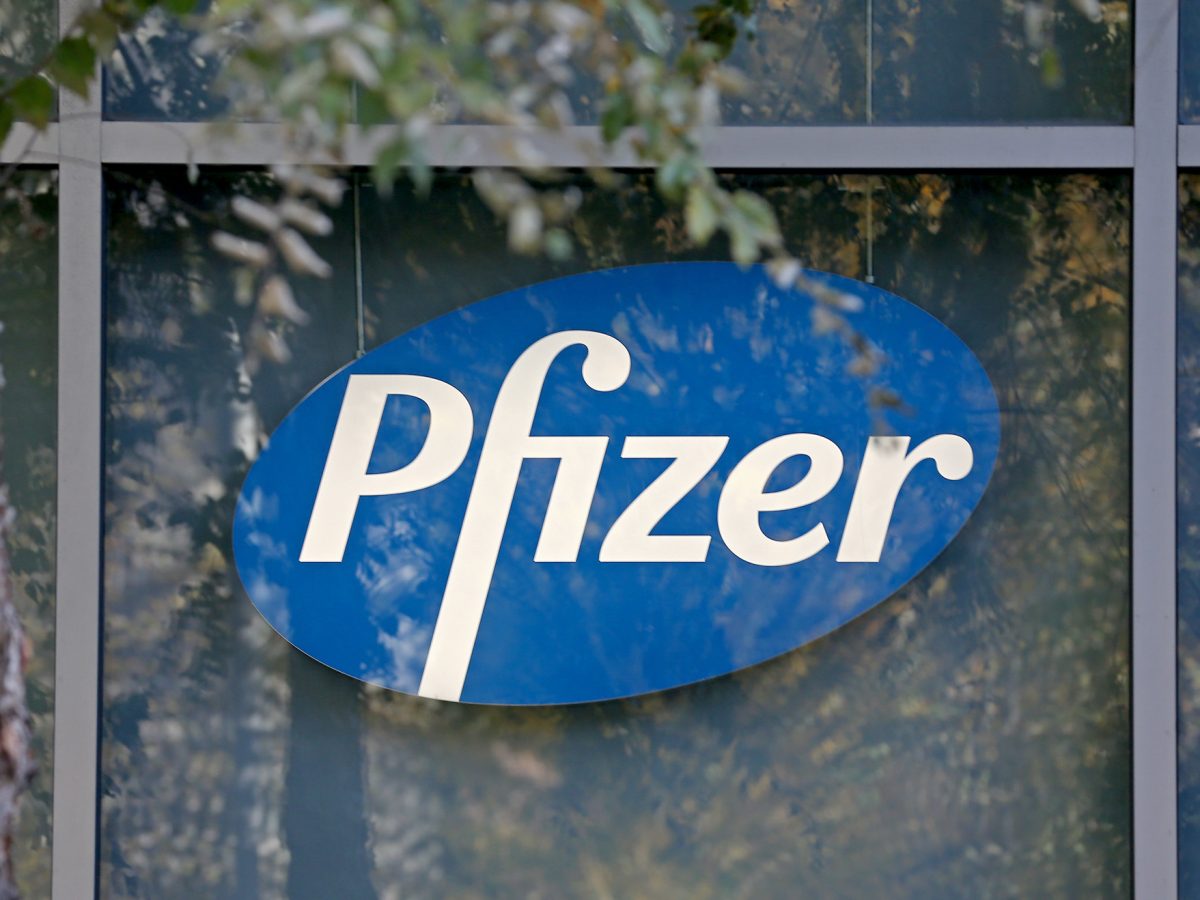CHICAGO, (Reuters) – Pfizer Inc and BioNTech SE said today their COVID-19 vaccine was safe and effective and produced robust antibody responses in 12 to 15-year olds, paving the way for them to seek approval in the United States and Europe in weeks.
The read-out, which puts the pair ahead of other western vaccine developers in the quest to also protect children, will likely allow for the use of the vaccine in that group before the next school year, Albert Bourla, Pfizer’s chief executive, said in a statement.
Pfizer’s vaccine is already authorized for use in people starting at age 16. The new study offers the first evidence of how the vaccine will also work in school-age adolescents.
In the trial of 2,260 adolescents aged 12 to 15, there were 18 cases of COVID-19 in the group that got a placebo shot and none in the group that got the vaccine, resulting in 100% efficacy in preventing COVID-19, the companies said in a statement.
The vaccine was well tolerated, with side effects in line with those seen among those aged 16 to 25 in the adult trial. It did not list the side effects for the younger group, but the adult trial’s side effects generally were mild to moderate and included injection-site pain, headaches, fever and fatigue.
The companies also studied a subset of teens to measure the level of virus-neutralizing antibodies a month after the second dose and found it was comparable to study participants aged 16 to 25 in the pivotal trial in adults.
Bourla said the company planned to seek emergency authorization from the U.S. Food and Drug Administration “in the coming weeks and to other regulators around the world, with the hope of starting to vaccinate this age group before the start of the next school year.”
Last week, the companies gave the first vaccine doses in a series of trials testing the vaccine in younger children, that will eventually go to those as young as 6 months of age.
The Pfizer/BioNTech vaccine was authorized by U.S. regulators in late December for people aged 16 and older.
A trial by Moderna Inc to test its COVID-19 vaccine in children aged six months to less than 12 years was launched this month, while Johnson & Johnson, which recently won approval for its vaccine in adults, has yet to begin a planned trial https://clinicaltrials.gov/ct2/show/NCT04505722 on children.
AstraZeneca in December removed children from a mid-to-late stage trial of its COVID-19 vaccine in Britain.
The British drugmaker’s vaccine has been linked this year with a very rare form of blood clotting in the brain, prompting some European countries to halt its use in younger adults even though the cause of the condition remains unclear.
Top U.S. infectious disease expert Anthony Fauci in January raised the prospect of a U.S. vaccination campaign for children by late spring or early summer.

